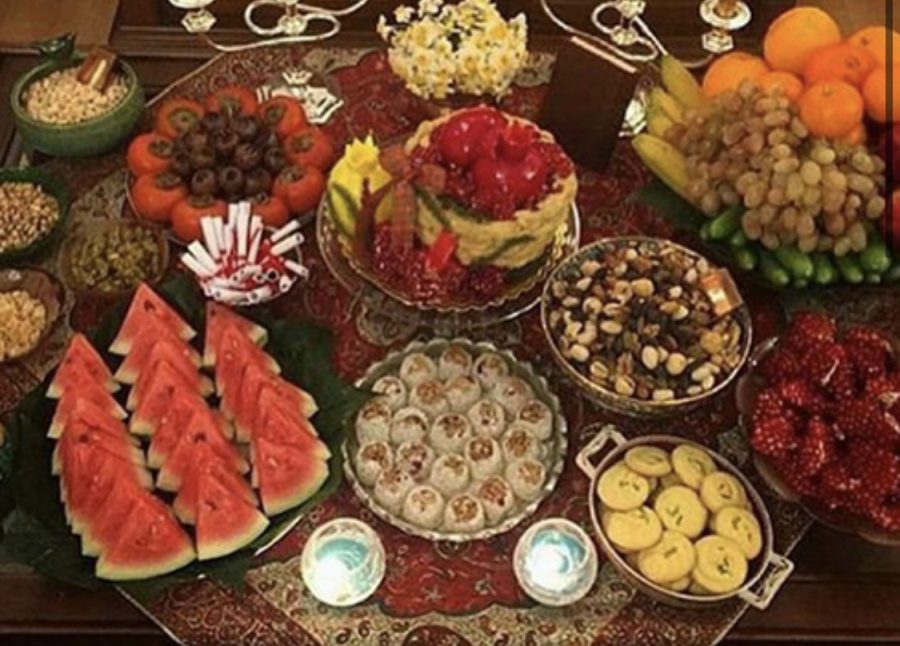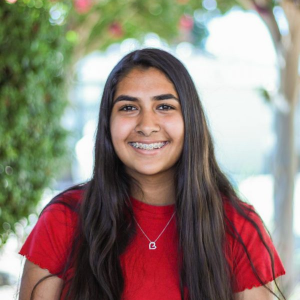Yalda
February 3, 2020
Yalda is a Persian holiday that is celebrated on the winter solstice, the longest and darkest day of the year. The festival originated in Iran, Afghanistan, Tajikistan, Uzbekistan, and Turkmenistan. Persian families do a variety of activities to celebrate including enjoying traditional Persian meals such as Osh-e-reshte (soup) and Sabzi Polo ba Mahi (herb rice with fish), and reciting stories from ancient Persian culture and also personal anecdotes. This year, Yalda will be on December 22nd.
Yalda has been a tradition for Persian families for thousands of years, dating back to when Persians followed Zoroastrianism, a practice-based mainly on the cosmology of good and evil. Ancient Persians believed that they would only be safe from the danger of the spirits if they stayed up all night, which is where the tradition of spending quality time with family all night came from.
Traditionally, families also share the last remaining fruits from summer and autumn as well as nuts and will read Hafez Poetry together after eating dinner. After reading the book, each family member makes a wish while opening the book of Hafez, and read the very first line on the page that they opened to. Nikoo Alizadeh (11) describes her family’s experience on Yalda, providing insight into one of the many cultural interpretations of the holiday.
“My best memory is from when I was little, because [Yalda] is that one day of the year when all your family friends or any family you have is gathered together .”
In addition to those activities, Nikoo enjoys playing board games on Yalda such as Monopoly, and she enjoys how competitive it gets when playing with family and friends. She describes how sometimes, her family spends Yalda alone. “As I remember when I was really young, my mom told me that eating pomegranate and watermelon is a tradition in Iran so we do that every year. Sometimes, while eating those things or while eating dinner, my parents also tell stories about their time in Iran as well as recalling stories from Shahnameh, an epic written by famous author Ferdowsi.”
Nikoo also recalls her family’s love for true crime, and many times enjoy watching documentaries and TV shows together. Generally, Nikoo spends Yalda with other Persian families and the families of her mom’s friends. However, this year, their Yalda is going to be a little different,
“We don’t have family in the United States and they usually do not come around the time of Yalda, so we can’t spend it with our [extended] family. But this year, my aunt and uncle are visiting during the time of Yalda, so this year we can spend Yalda with them, which I am really excited about.”
Like many other holidays, Yalda is a very important holiday that is a large part of many Persian families’ lives. Nikoo’s family is one of many that celebrate this holiday, and each family’s traditions vary, making the holiday uniquely special for everyone. Furthermore, being able to spend time together and learn more about family history and traditions helps bring the family a lot closer together.










